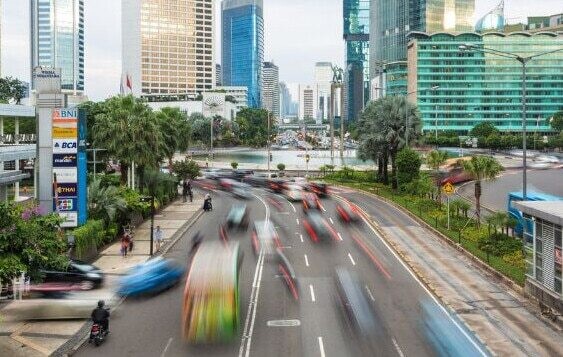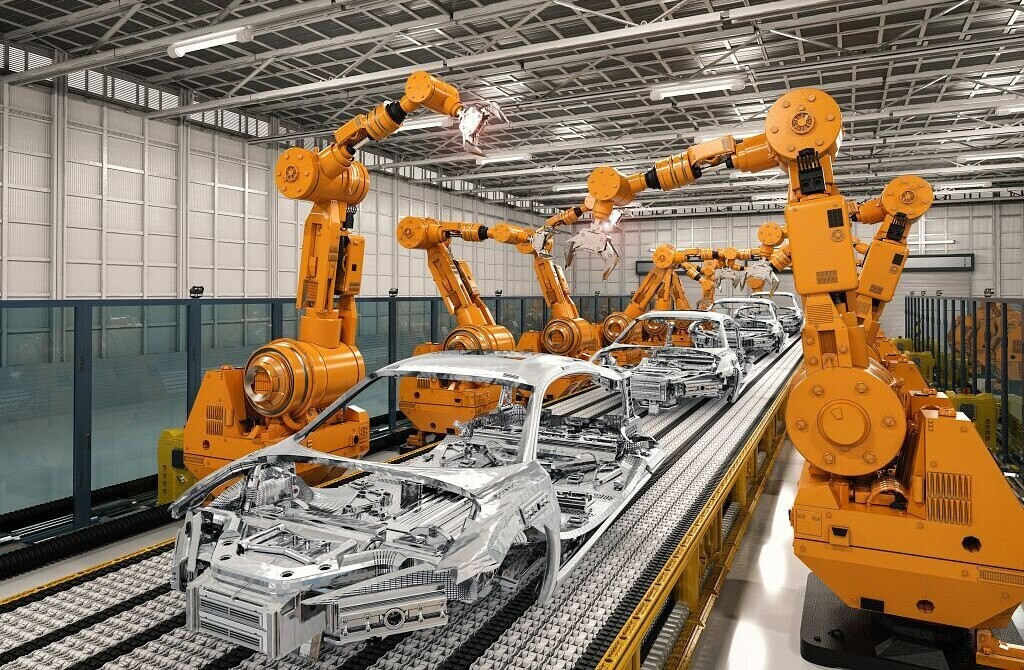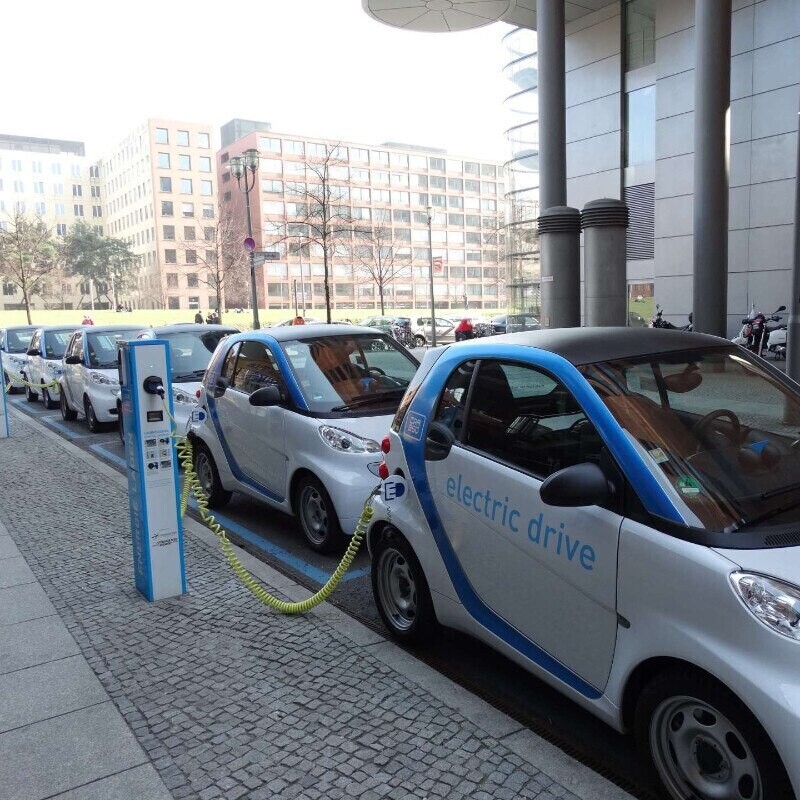
Transforming Urban Logistics: Sustainable and Efficient Last-Mile Delivery in Cities
This comprehensive white paper addresses the critical challenges and opportunities presented to both businesses and consumers by the increased demand for urban deliveries. It outlines str...











